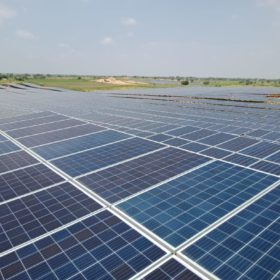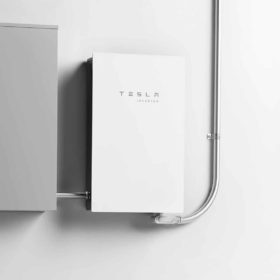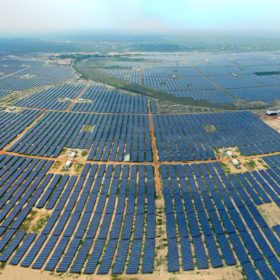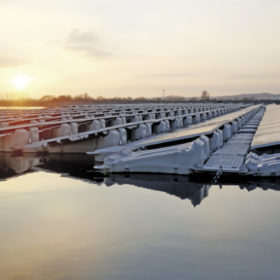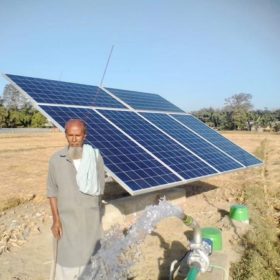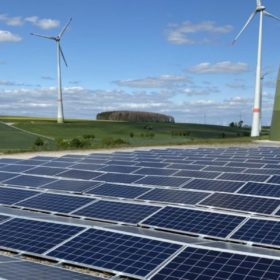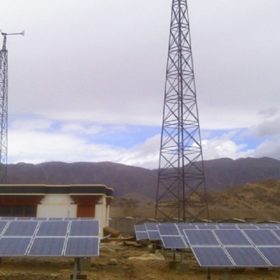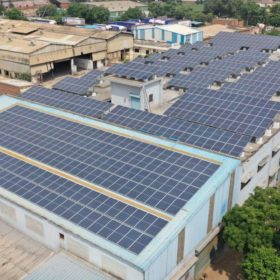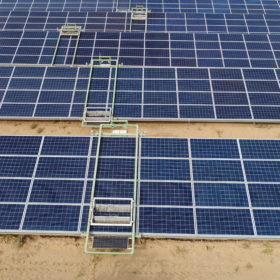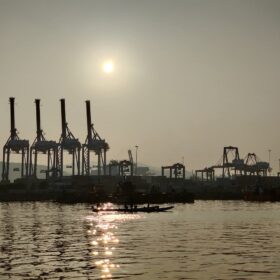SECI tenders 25 MW solar for coal miner BCCL
Domestic bids are invited to set up a 25 MW (AC) grid-connected solar plant at Bharat Coking Coal Limited’s Bhojudih Coal Washery in West Bengal. Bidding closes on March 10.
Tesla launches solar inverter
The EV manufacturer with big solar ambitions has finally leveraged its expertise in power electronics technology and launched a solar inverter.
Total to acquire 20% stake in Adani Green Energy
The French oil and gas giant already owns half the stake in the Indian developer’s 2.3 GW operational solar assets in India through a joint venture.
The case for floating PV on hydroelectric facilities
A study has analyzed the technical and financial feasibility of floating solar at hydro power plants. The report concludes floating PV reduces evaporation from hydropower reservoirs and the water saved can be used to generate more electricity.
EESL tenders for 317,975 solar pumps across India
Bids are invited to supply, install and commission an aggregate 317,975 quantity of 1-10HP off-grid solar pumps across India. Bidding closes on February 4.
NTPC arm commissions 50 MW solar project in Kerala
The 50 MW project at the 200 MW Kasargod Solar Park in Kerala was completed well ahead of the scheduled date.
New mounting system to integrate small PV into wind farms
Switzerland’s Smartvolt has developed a special mounting system that facilitates the quick deployment of small ground-mounted PV systems at the base of wind turbines.
Amplus Solar launches innovation challenge for clean energy start-ups
Applications are invited from start-ups with ready-to-deploy solutions in areas like distributed solar, Internet of Things (IoT) applications in energy, battery storage and electric mobility. Winners will be supported through seed capital to scale up.
New net metering rule will deter rooftop solar adoption, says NSEFI
The developers’ body has sought the power minister’s intervention to withdraw the restriction of 10 kW capacity for net metering under the recently notified Electricity (Amendment) Rules, 2020, saying the provision will prevent high-load industrial consumers from switching to solar.
Global bids invited for 190 MW capacity in Rajasthan’s Nokh Solar Park
Solar power developers have until February 10 to bid for the capacity, which shall be awarded through international competitive bidding followed by reverse auction.
